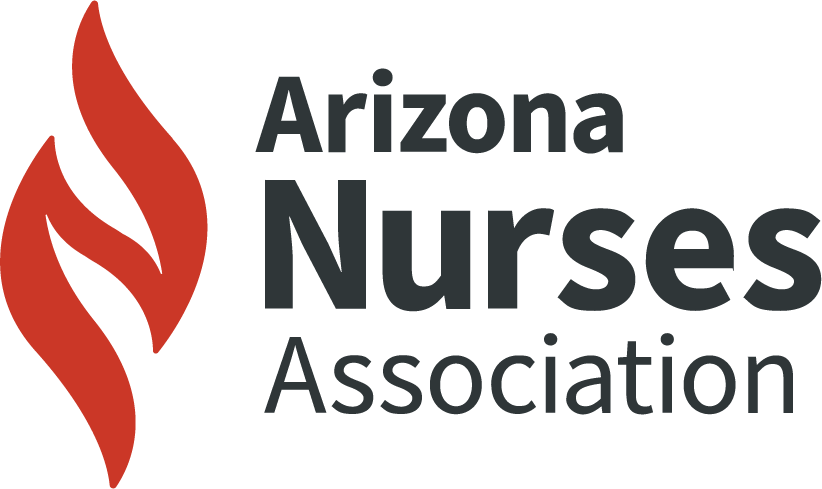Questions I'd Wished I'd Asked: Cervical Cancer Survivors' Perceptions about Provider Education on Impact of Treatment on Sexual Health
ABSTRACT
This poster shares perspectives of cervical cancer (CC) survivors related to the information they received about how their diagnosis and treatment may impact their sexual health. Mick, Hughes, & Cohen’s (2004) BETTER model was modified into an electronic survey format. Independent variables were: Patient age, CC stage; race; ethnicity; insurance status at diagnosis; educational completion; and urbanicity and provider gender and type. Dependent variables were five modified BETTER model questions and a question regarding the offer of fertility options following treatment. Open ended questions on the social/cultural impact of diagnosis and the opportunity to share any questions they wished they had asked were included adding depth to the closed ended questions. Statistically significant findings: 1) More than half of respondents reported that their provider did not explain that they could discuss any concerns during their treatment fell at the lower end of the educational level. 2) There was an association between provider gender and offers of information about fertility preservation. 3) Female providers were 31% more likely to offer fertility information. Although not statistically significant, nearly 50% of the CC survivors reported that issues in the sexual domain were not introduced during discussion of treatment options. Outcomes support use of the BETTER model as a tool in nursing oncology practices facilitating quality patient centered care by reducing gaps in addressing sexual domain issues related to treatment options. Outcomes support development of patient centered educational materials used in oncology practices and cancer support organizations to facilitate health in the sexual domain.
